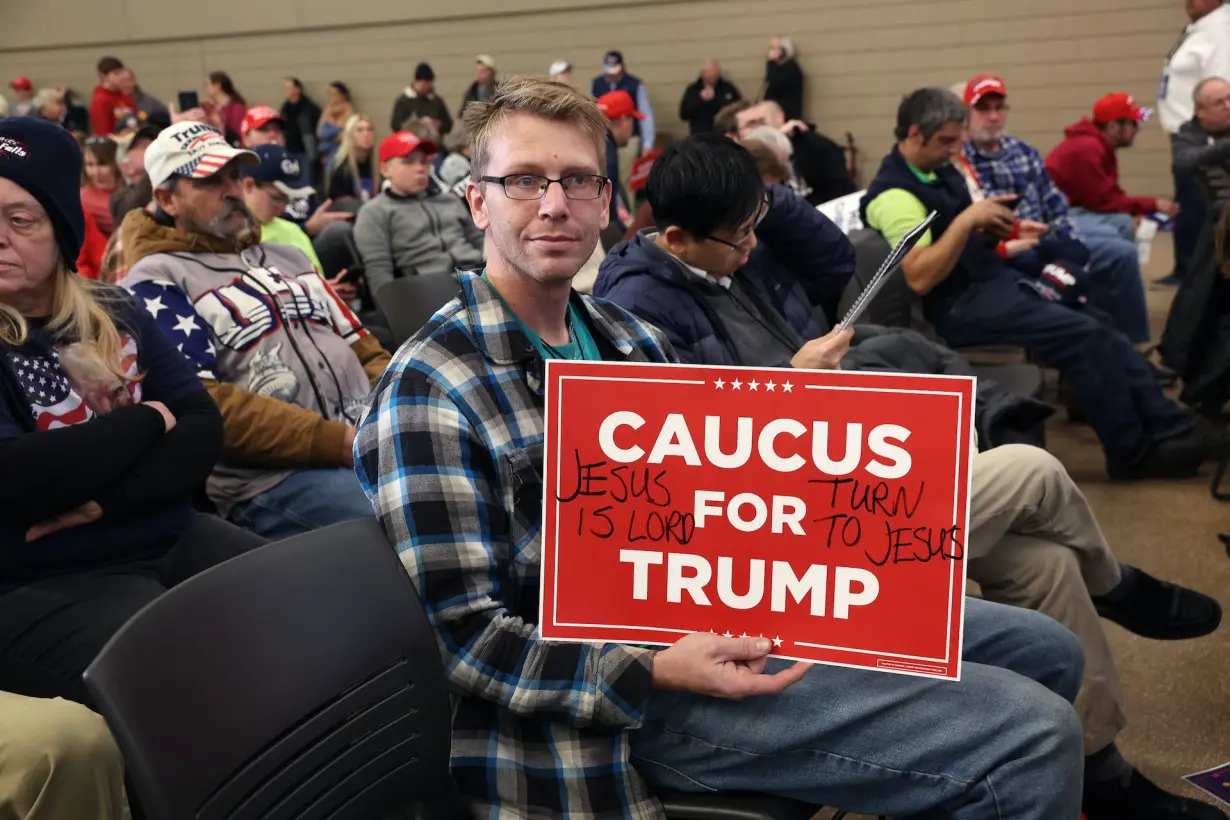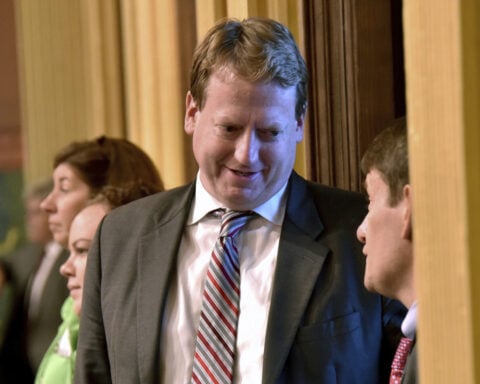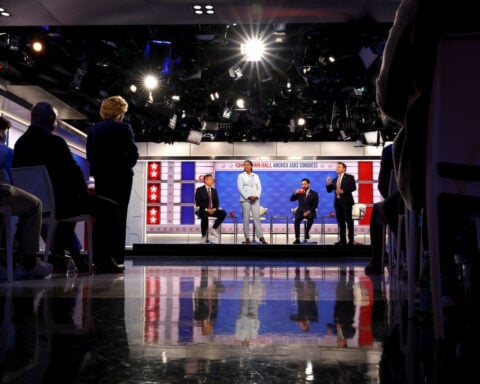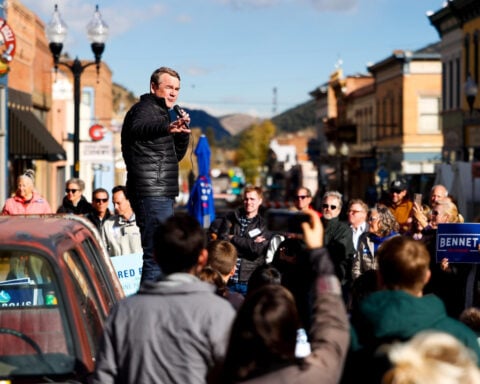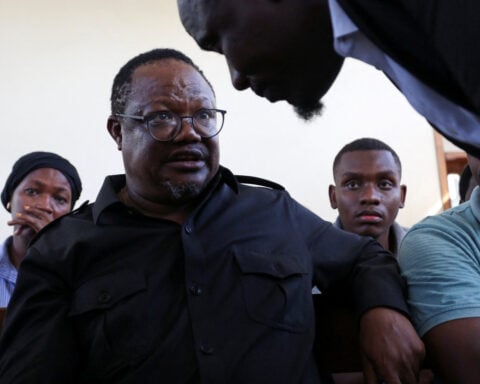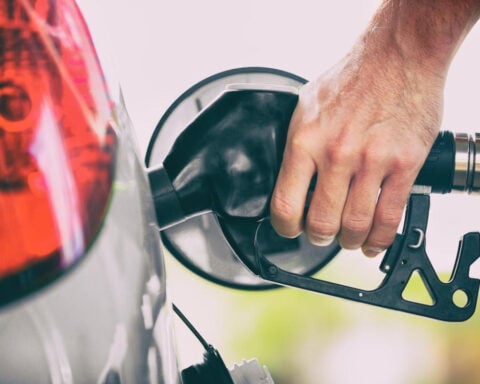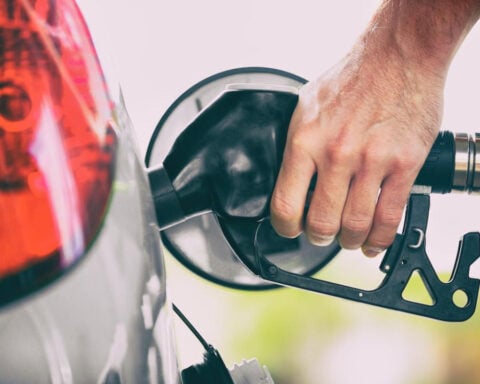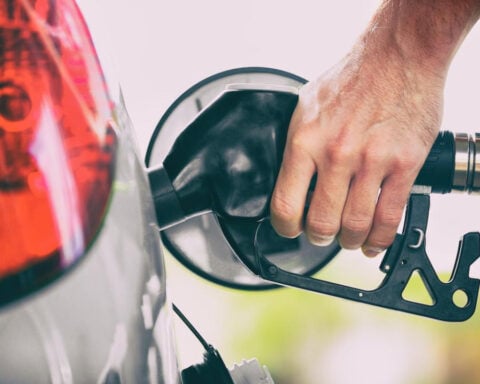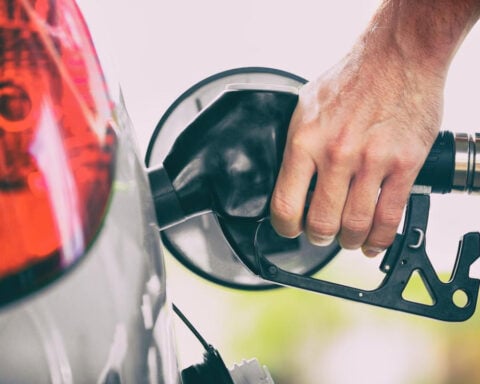The first and most visible test of Republican candidate support in the 2024 presidential election is the Iowa caucuses, which take place on Jan. 15, 2024.
This year, even though Democrat Joe Biden is not facing a serious challenger for renomination, the Democrats had already decided to move their first test to South Carolina on Feb. 3, 2024.
While Iowa does not control who becomes the candidate of each party, Iowans’ choices almost always end up matching the rest of the nation.
One of the architects of the modern Iowa caucuses, which began in 1972, wrote that the significance of the caucus was unanticipated.
“Never in our dreams did we realize we would be ‘first in the nation,’ nor did we ever expect anyone outside Iowa would pay much attention,” retired Iowa State University engineering professor Richard Seagrave wrote.
Seagrave said that it wasn’t political calculation that led to the choice to run the caucuses early in the election year. It was the “immense amount of paperwork” needed to document caucus proceedings with only a slow mimeograph machine that led to the choice of such an early caucus date.
“Remember that we had no ‘user-friendly’ computers or high-speed copy machines in 1972,” wrote Seagrave.
The significance of first-in-the-nation placement did not become clear until a barely known governor of Georgia, Jimmy Carter, came to Iowa in 1976 to test the waters for a presidential run.
That year, “Uncommitted” got 14,508 votes (37%). Carter came in with 10,764 votes (27%) but was declared the winner. He went on to get the nomination and win the presidency. The fact that a relative unknown – spending little money but lots of time and face-to-face campaigning – could win was surprising.
Why a caucus?
Before the modern system for choosing presidential candidates was invented, the mechanism since 1832 for nominating presidential candidates had been a national political convention of each party. Voters in each state convention elected delegates to the national convention. A caucus is one way state party leaders picked whom to send and whom those delegates should support.
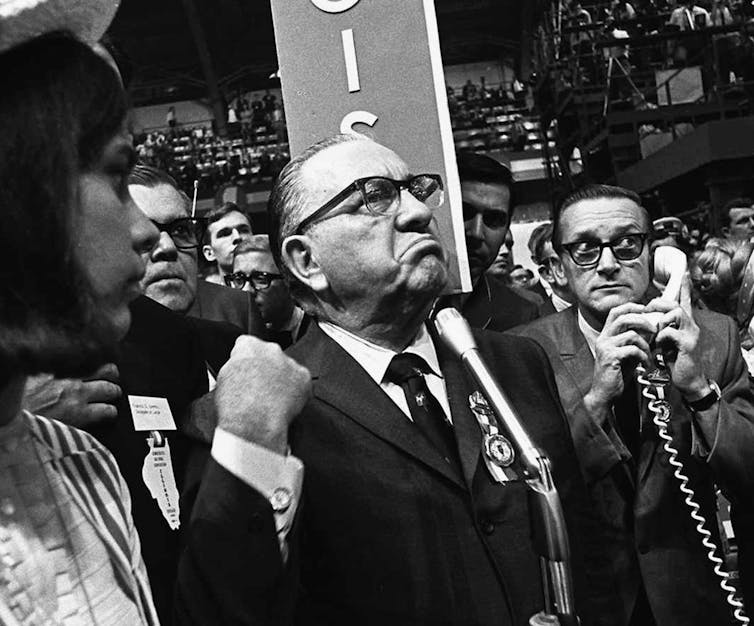
Chicago Mayor Richard Daley at the 1968 Democratic National Convention. Daley’s response to violence at the convention led to major political reforms.
Political bosses, such as Huey Long from Louisiana, William “Boss” Tweed of New York, James Michael Curley of Boston and Tom Pendergast from Kansas City, had the real power in the 19th and early 20th centuries through their political organizations. Bosses offered aid – housing, medical care, food, clothing – to people before government services became common.
Pendergast once told The New York Times, “When a poor man comes to old Tom’s boys for help we don’t make one of those damn fool investigations like these city charities. No, by God, we fill his belly and warm his back and vote him our way.”
A vestige of that political era lasted into the second half of the 20th century, when the actions of Chicago’s longtime political boss, Democratic Mayor Richard Daley, led to a profound change in the presidential candidate selection process.
The 1968 Democratic National Convention took place in Chicago, a city tightly controlled by Daley. His operatives had long seen to it that people voted for Daley and his chosen candidates.
But 1968 was a year of violence related to race and the Vietnam War. Riots disrupted the convention. Mayor Daley used his police force to crush the protests.
Daley then bullied delegates to nominate his favored candidate, Vice President Hubert Humphrey, even though Humphrey didn’t win a single primary election.
All of this was covered live on television. The violence and bias threatened to taint the Democratic Party.
1968 provokes reforms
The Democratic Party created the McGovern–Fraser Commission in 1968 in response to the events in Chicago. The new rules changed the party’s presidential nominating process in an attempt to make them more systematic and transparent, as well as to encourage more participation by minority groups, young people and women roughly proportional to their numbers in states.
It was these reforms that launched Iowa’s caucuses in 1972.
In 1976, the Iowa Republican Party followed the Democrats and began holding caucuses on the same early date.
That increased the visibility of the Iowa caucuses out of proportion to their actual numeric influence in the nominating convention. In 2020, for instance, Iowa sent only 49 delegates out of the estimated total of 4,594 Democratic delegates.
In fact, the caucuses are in large part a media event and a beauty contest, as scholars Hugh Winebrenner and Dennis J. Goldford have suggested.
One memorable caucus occurred in 2004, when Vermont Gov. Howard Dean, who came in third, was cheering on his supporters as he contemplated a national campaign. But a microphone malfunction amplified his enthusiasm. What become known as the “Dean Scream” tanked his candidacy.
Another took place in 2008 when a first-term U.S. senator, Barack Obama, won the Iowa caucuses, propelling him to a hard-fought nomination and two terms in the White House.
And in 2016, Democratic Socialist Bernie Sanders almost beat Hillary Clinton in Iowa.
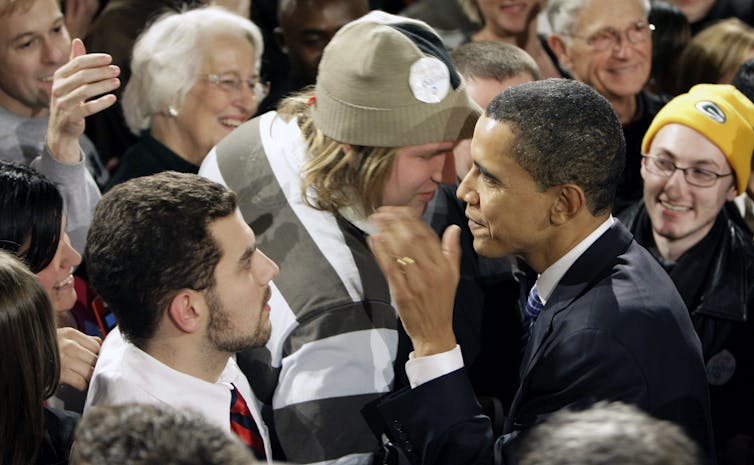
Sen. Barack Obama’s surprise win in the 2008 Iowa caucuses helped propel him to the presidency.
How they do it
On caucus night, Republican voters gather at precinct meeting places that have included schools, libraries, churches, fire stations and even people’s homes. In 2020, Democrats also had satellite caucuses, with some even held overseas.
There are speeches by supporters who gather into groups for each candidate. The numbers in each group are counted.
Once the viable groups have been declared, a complex mathematical calculation determines how many delegates are allocated to each surviving candidate.
In Republican caucuses, attendees vote and the delegates are apportioned according to the statewide results.
The Iowa caucuses become a tradition
The Iowa caucuses have become a political tradition because the media devotes so much attention to the candidates’ activities in Iowa and then to how they perform on caucus night.
Criticisms have emerged. Iowa’s small and mostly white population has subjected the caucus to the charge that it is not representative of the nation as a whole.
A 2019 USA Today/Suffolk University poll attested to that concern: While 57% of respondents liked that the opening contests in Iowa and New Hampshire forced candidates to talk directly to voters, 52% thought that the two states didn’t reflect the nation’s diversity.
There is also a concern that caucuses are difficult events to participate in because voters must attend personally and at night. The turnout rate of eligible voters is low, hovering around 10%, while primaries normally have turnouts of 35% or more.
In 2020, there was renewed debate about how Americans should select their candidates for president. Caucuses are now generally in disfavor, with many states moving to primaries.
This is an updated version of an article originally published on Jan. 1, 2020.

Steffen W. Schmidt does not work for, consult, own shares in or receive funding from any company or organization that would benefit from this article, and has disclosed no relevant affiliations beyond their academic appointment.
Source: The Conversation

 Trump has begun another trade war. Here's a timeline of how we got here
Trump has begun another trade war. Here's a timeline of how we got here
 Canada's leader laments lost friendship with US in town that sheltered stranded Americans after 9/11
Canada's leader laments lost friendship with US in town that sheltered stranded Americans after 9/11
 Chinese EV giant BYD's fourth-quarter profit leaps 73%
Chinese EV giant BYD's fourth-quarter profit leaps 73%
 You're an American in another land? Prepare to talk about the why and how of Trump 2.0
You're an American in another land? Prepare to talk about the why and how of Trump 2.0
 Chalk talk: Star power, top teams and No. 5 seeds headline the women's March Madness Sweet 16
Chalk talk: Star power, top teams and No. 5 seeds headline the women's March Madness Sweet 16
 Purdue returns to Sweet 16 with 76-62 win over McNeese in March Madness
Purdue returns to Sweet 16 with 76-62 win over McNeese in March Madness
